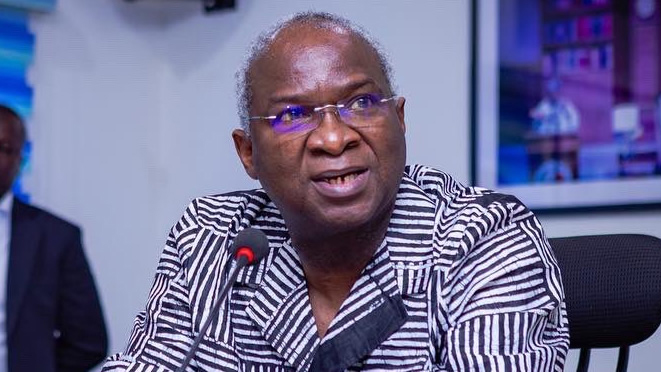Nigeria’s security challenges have necessitated the adoption of innovative technologies to address national security concerns. One such technology is Light Detection and Ranging (LiDAR), an emerging technique that utilizes a beam of light from a laser source to capture the three-dimensional shape of the surrounding environment. We spoke with Sulaiman Abubakar, a Ph.D. researcher in the Department of Chemistry at Wayne State University, about the potential applications of LiDAR technology in enhancing national security.
Enhancing Security Operations
According to Abubakar, LiDAR technology can empower security and military personnel to conduct effective counterterrorism operations, detect threats, and identify concealed structures on the battlefield. “This technology can be used to scan and monitor extensive areas, especially remote regions, by sending laser pulses to map the environment in detail,” he explained. The resulting images can reveal concealed individuals, vehicles, and equipment, offering critical intelligence for strategic planning.
Cost-Effective Solution
Abubakar’s research focuses on developing a low-cost LiDAR technique that leverages commercially available nanosecond lasers and CMOS-based camera systems. This approach enables high-resolution 3D imaging of complex environments and hidden structures at a significantly reduced cost compared to conventional systems. “This makes it an attractive solution for addressing security challenges in Nigeria,” Abubakar noted.
Practical Applications
The LiDAR technology can be employed in various ways to enhance national security. For instance, it can be used to detect unauthorized movements in border areas, enhancing situational awareness and improving surveillance capabilities. Additionally, it can be used to scan areas and generate detailed 3D images of hidden individuals and their equipment, providing actionable intelligence to security forces.
A Promising Solution
Abubakar’s research highlights the potential of LiDAR technology in addressing national security concerns. As Nigeria continues to grapple with security challenges, this technology offers a promising solution that could make a significant impact in enhancing national security.






